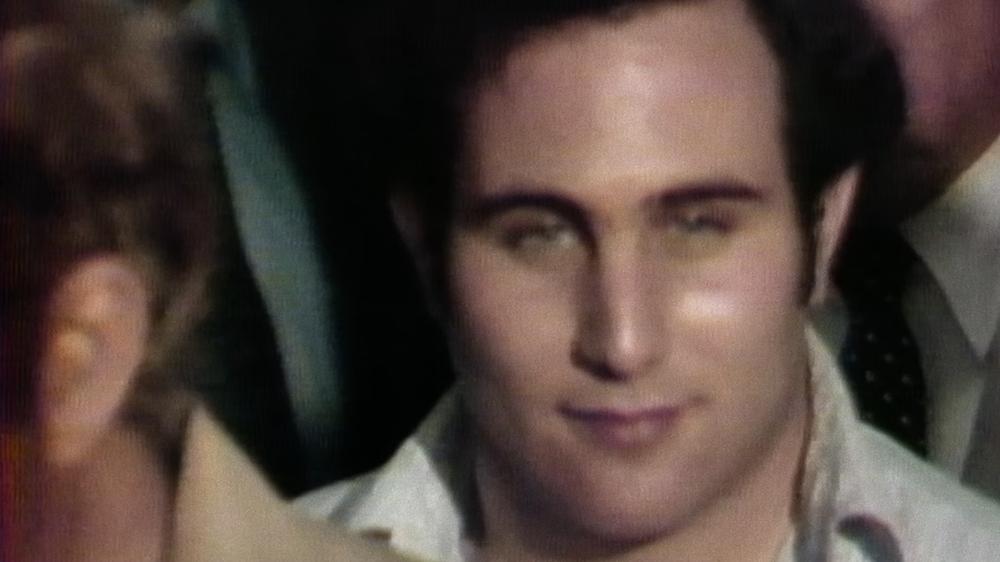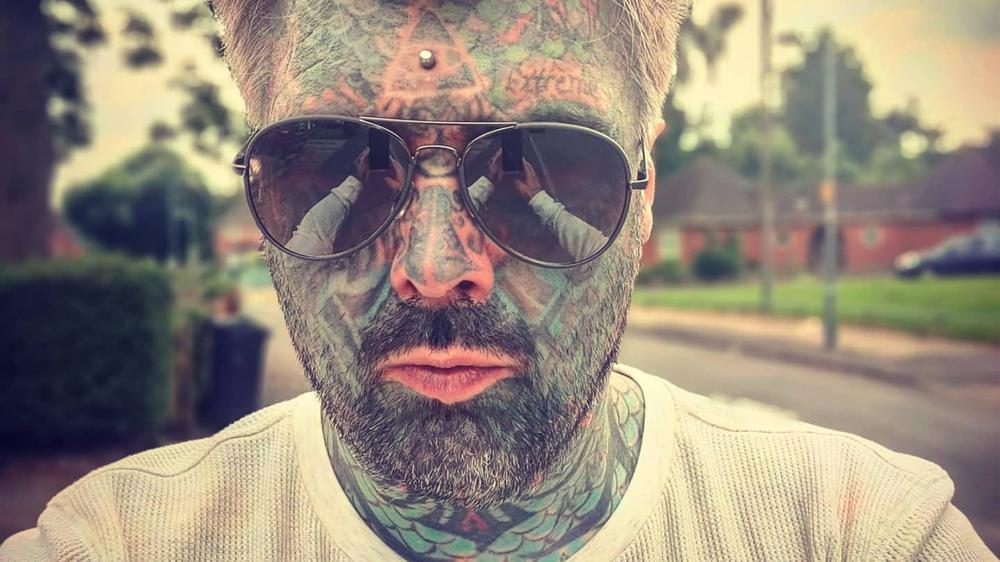Netflix’s Conversations with a Killer series has returned with The Son of Sam Tapes, delving deeper into the mind and crimes of convicted serial killer David Berkowitz, who was eventually tracked down by New York police thanks, in part, to a parking ticket.
August is set to be a busy month for true crime: new drama series The Twisted Tale of Amanda Knox debuts on Hulu; the creators of Don’t F**k with Cats and Tinder Swindler are dropping a new doc on the Jussie Smollett case; and Ted Bundy is being revisited in Dialogue with the Devil.
Before then, Netflix has released Conversations with a Killer: The Son of Sam Tapes, a three-part docu-series featuring unearthed audio recordings of a prison interview conducted by reporter Jack Jones in 1980. These give fresh insights into the mind of Berkowitz, who targeted young couples and women with a .44 caliber Bulldog revolver.
Alongside interviews with detectives, journalists, and survivors of Berkowitz’s attacks, the new documentary also details the investigation and the long-running impact of the Son of Sam killer’s crimes on the New York community.
Where is David Berkowitz now?
Although he carried out his crimes back in the ‘70s, David Berkowitz is still alive. He is now 72 years old, and is currently serving six life sentences at the Shawangunk Correctional Facility, a maximum-security prison in New York state.
He has been incarcerated since his arrest in August 1977, when he was caught following a citywide manhunt. Police tracked Berkowitz down after a witness reported a suspicious man near one of the final crime scenes, and a parking ticket issued to his yellow Ford Galaxie led officers to him.
He was arrested outside his Yonkers apartment and quickly confessed to the shootings. Berkowitz pleaded guilty to six counts of second-degree murder and was sentenced to 25 years to life for each.
Since the sentences are concurrent, Berkowitz was eligible for parole after 25 years behind bars. In prison, he became a born-again Christian and now refers to himself as the “Son of Hope”.
In 2011, he said he was forgoing his sixth parole application, telling Fox News in a letter, “If you could understand this, I am already a ‘free man.’ I am not saying this jokingly. I really am. Jesus Christ has already forgiven and pardoned me, and I believe this. He has given me a whole new life, which I do not deserve.”
However, he later continued to apply for parole, which was denied for a 12th time following a hearing last year.
How many people did he murder?
David Berkowitz was convicted of murdering six people and wounding several others during his killing spree between 1976 and 1977. During this period, he would send letters to the police and the press mocking them for failing to capture him.
Alongside the killings, Berkowitz shot other victims, with a number of his survivors appearing in the Netflix documentary to share their stories.
His attacks typically targeted couples sitting in parked cars late at night. Most of his victims were young women with long dark hair, which led many New Yorkers to change their hairstyles out of fear.
But this changed in July 1977, when he murdered a blonde woman – 20-year-old Stacy Moskowitz – and partially blinded her date, Robert Violante.
His other victims included Donna Lauria, 18, who was shot and killed outside her home in the Bronx on July 29, 1976, and Christine Freund, 26, who was killed in Queens on January 30, 1977.
Virginia Voskerichian, 19, a Columbia University student, was shot dead near her home on March 8, 1977. Valentina Suriani, 18, and Alexander Esau, 20, were murdered while sitting in their car in the Bronx on April 17, 1977.
In Conversations with a Killer: The Son of Sam Tapes, Berkowitz is heard describing his childhood and the various factors that led him to feel angry and like an outcast. Born Richard David Falco, he was given away by his mother Elizabeth “Betty” Broder just days later.
He was soon adopted by Pearl and Nathan Berkowitz and renamed David Berkowitz. As an adult, he tracked down his biological mother and reportedly felt anger towards her, saying, “I was hoping for maybe a more attractive mother.”
Berkowitz found out his birth father was married to another woman and he was an out-of-wedlock baby. “It just brings me back to the idea of women, young girls, having sex in a car with guys. Carelessness… you know, it’s kind of degrading to me to know that I was an accident,” he continued.
“So now anger took over to replace the guilt. It’s something that just built up, uncontrolled.” Alongside this rage that stemmed from his upbringing, Berkowitz demonstrated signs of psychopathy as a child.
Why was he called the Son of Sam?
By now, you may be wondering where the nickname came from. The reason is simple: he would sign off his letters to the New York press and the authorities as the “Son of Sam.”
During his early conversations with police, Berkowitz claimed that he committed the murders under the instruction of Harvey, the black Labrador retriever owned by his neighbor Sam Carr (hence “Son of Sam”).
Berkowitz alleged that the dog was possessed by a 3,000-year-old demon. However, he later admitted that he made the whole story up, and was inspired by horror movies like The Exorcist and The Omen.
In the tapes played in Conversations With a Killer, he says, “I didn’t, at that time, understand any motives for what I was doing. I needed some type of justification. I had to convince myself that, ‘No, I’m not the man that’s doing this. It’s some sinister force that’s controlling me.’”
What are the Son of Sam laws?
The Son of Sam laws are statutes designed to prevent criminals from profiting off the publicity of their crimes. The original law was introduced in New York in 1977 after Berkowitz’s arrest, in direct response to concerns that he might sell the rights to his story for a book or movie deal.
It’s often used by the state to seize any proceeds from such deals and redirect them to victims or their families. While the original Son of Sam law was struck down in 1991 by the Supreme Court for violating free speech, revised versions have since been enacted.
Berkowitz has previously said he supports the intent of the laws and has consistently refused to profit from his crimes. He instead publishes Christian writings on his Arise and Shine website, which is run by supporters, where he shares religious messages and reflections from behind bars.
In 2006, Morning Star Communications published the book Son of Hope: The Prison Journals of David Berkowitz. According to EBSCO, “Berkowitz does not profit from sales of the book or anything on his website.
“Instead, the New York State Crime Victims Board receives a portion of the book sales to distribute to the families of Berkowitz’s victims.”

 Zelensky calls on allies to push for 'regime change' in Russia, warns of further aggression against Europe
Zelensky calls on allies to push for 'regime change' in Russia, warns of further aggression against Europe